Shaping the future with LEGO
Young hearts and big minds in Morocco
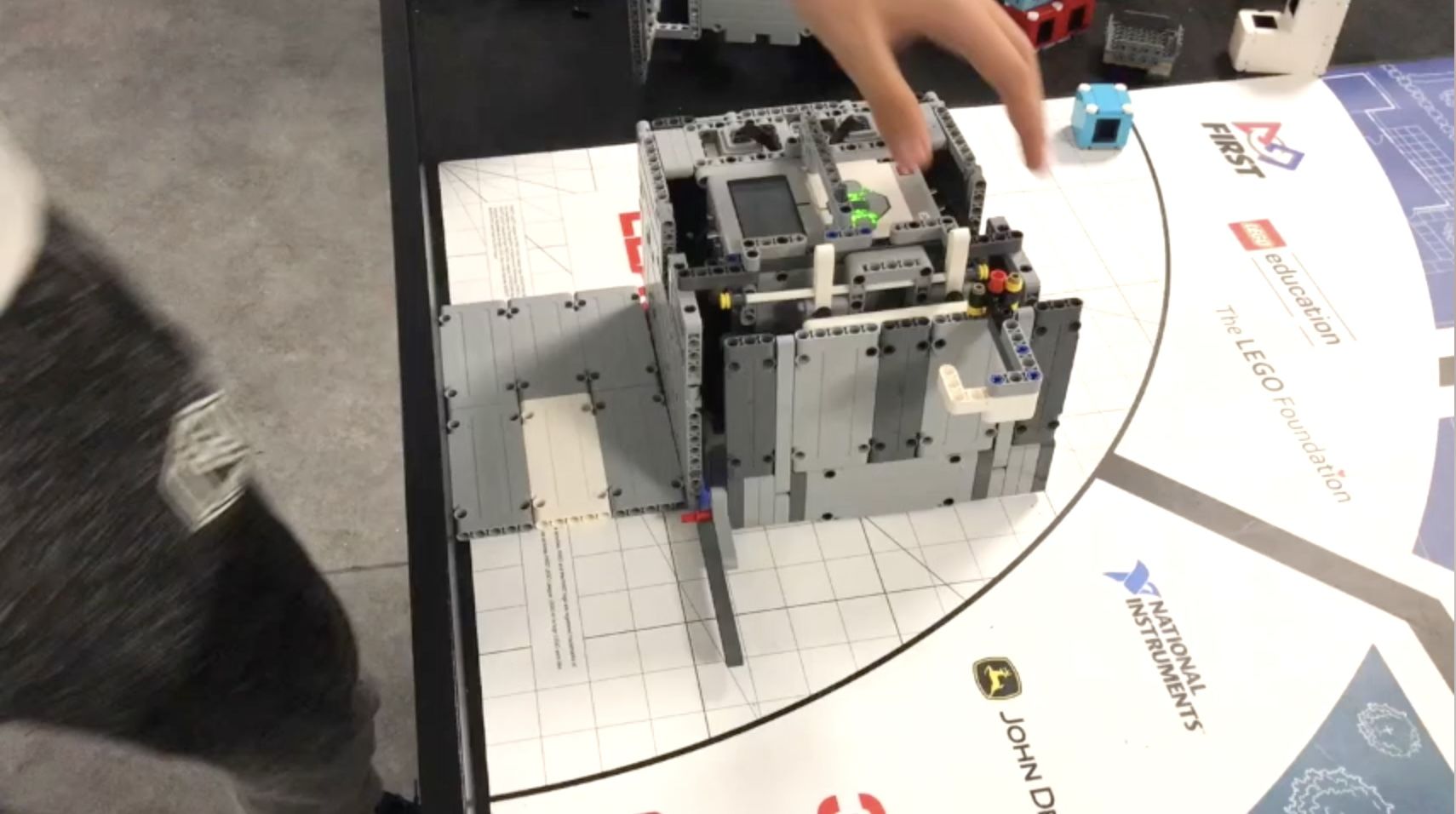
From outside, the building housing Play Academy doesn’t look all that different from all the other office towers lining the busy Casablanca street, where taxis, buses and pedestrians compete with each other to make the loudest noise. However, upon stepping inside, the scene transforms to one of calm and focus. Scattered on tables throughout the space are children and teenagers bent over machines made out of LEGO.
One group of students in particular stands out. They confidently tinker with their robot and create complex programs on laptops, talking calmly and precisely about what needs to be done. There are seven young people in total, ranging from nine to 16 in age. This is Matrix, the oldest First LEGO League (FLL) team in Morocco.
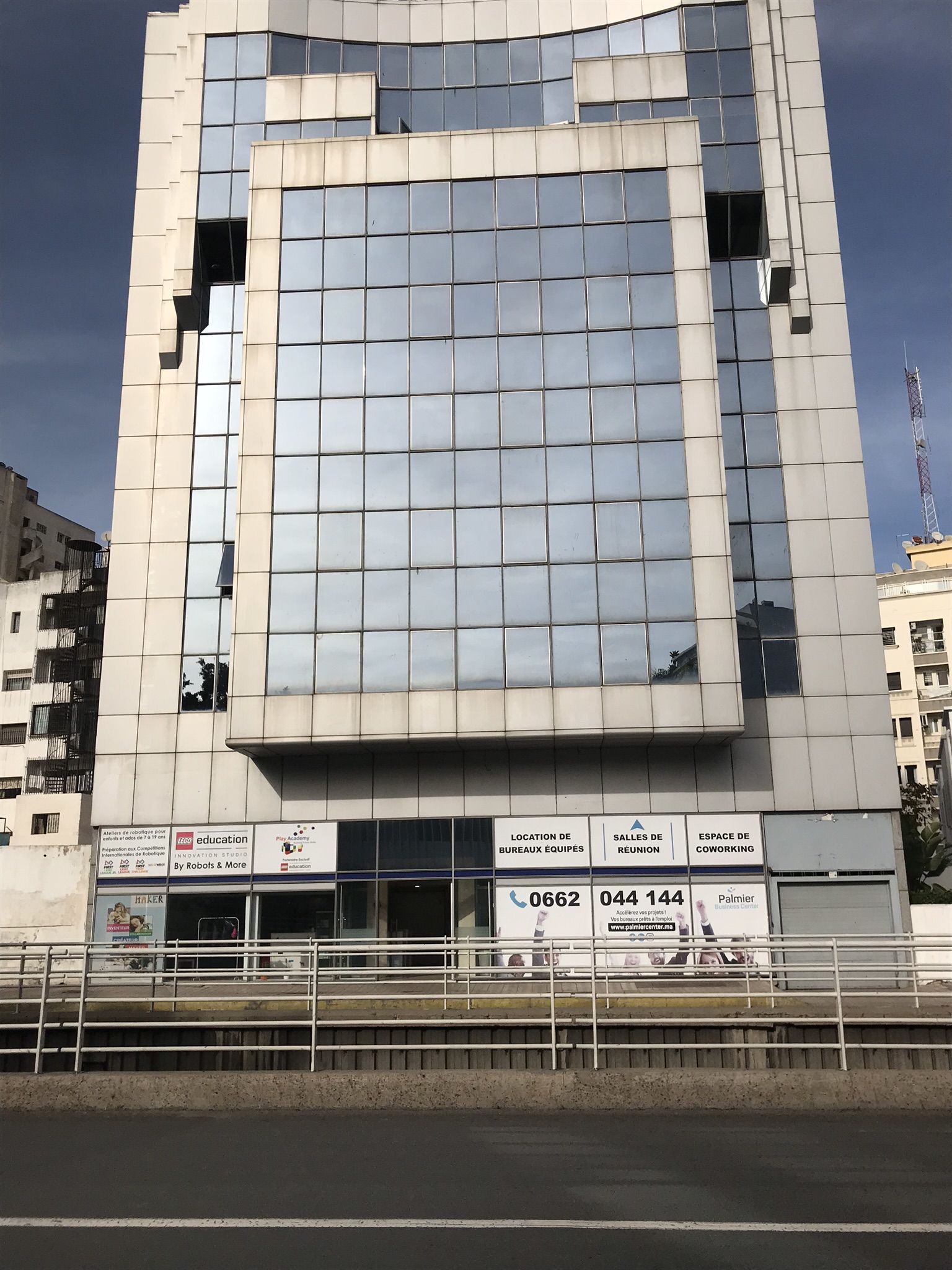
"I used to have anger issues.FLL helped me to accept myself and discover who I am."
- Badr, 11
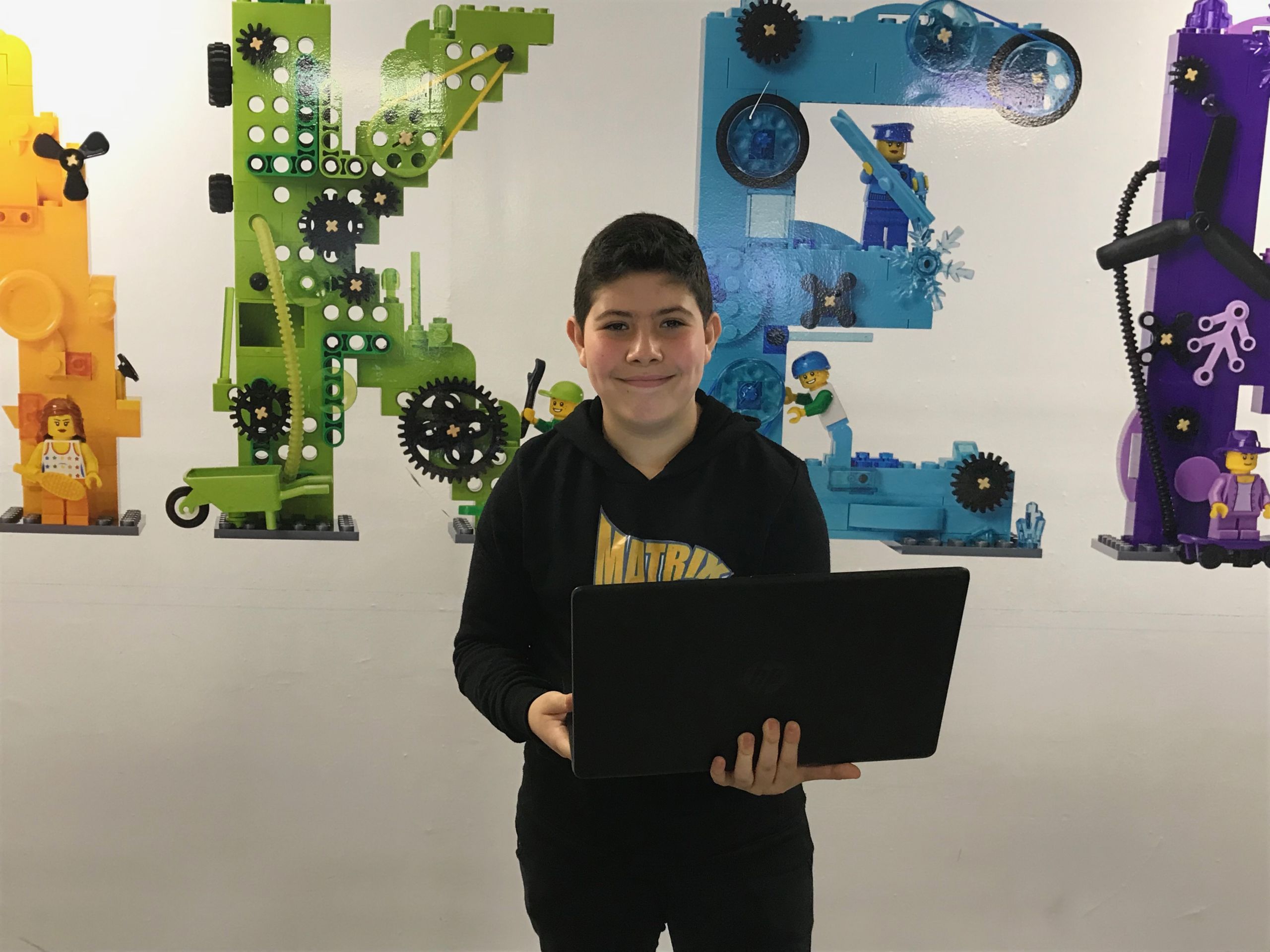
In 2014, Imane Berchane worked as an industrial engineer for a phosphate mining company in Morocco. Her sister Laila worked as a broker for an insurance company. However, on the side, they established a company, Play Academy, to distribute LEGO education products to students and teachers in Morocco.
That year, one of their suppliers invited them to visit the grand finale of a LEGO Robotics competition in Spain. It was a transformative visit. “It gave me faith in the future and in humanity to see all of these kids programming these robots and working on these awesome projects,” Imane says. “I looked at that and said, ‘I wish this was in my country.’”
First LEGO League has been running since 1998 and now attracts over 300,000 participants from 100 countries. Each August, FLL teams build an autonomous LEGO robot which moves around a themed obstacle course to perform set tasks and score points. In addition to constructing a robot, students design a solution to address a challenge facing their world. They present this project to judges with expertise in the field at regional competitions.
Play Academy was already running LEGO education programs for children from a wide variety of schools and backgrounds. “We suggested doing the [FLL] competition and they started working on it,” Imane says. “Their parents were also on board when we shared with them information about the competition.” Imane and Laila also contacted the after-school activities manager of an international school in Casablanca. That manager loved the idea and supported Play Academy to form a team. That team was called Matrix.
While there were only two members of Matrix in the early years of Moroccan FLL, the team has steadily grown alongside the growth of the competition. Ten-year-old team member Ilyana says that at her first competition in Thailand, “I wasn’t expecting for the place to be that big. Sometimes I was mind-blown.” While many of the team members were shy and nervous when presenting their work publicly, the competitions helped them to develop confidence. “When you need to talk in FLL, you have nowhere to run,” Ilyana says. “You can’t say no. You have to do it. The first time, it’s a bit hard, but you can work on it.”
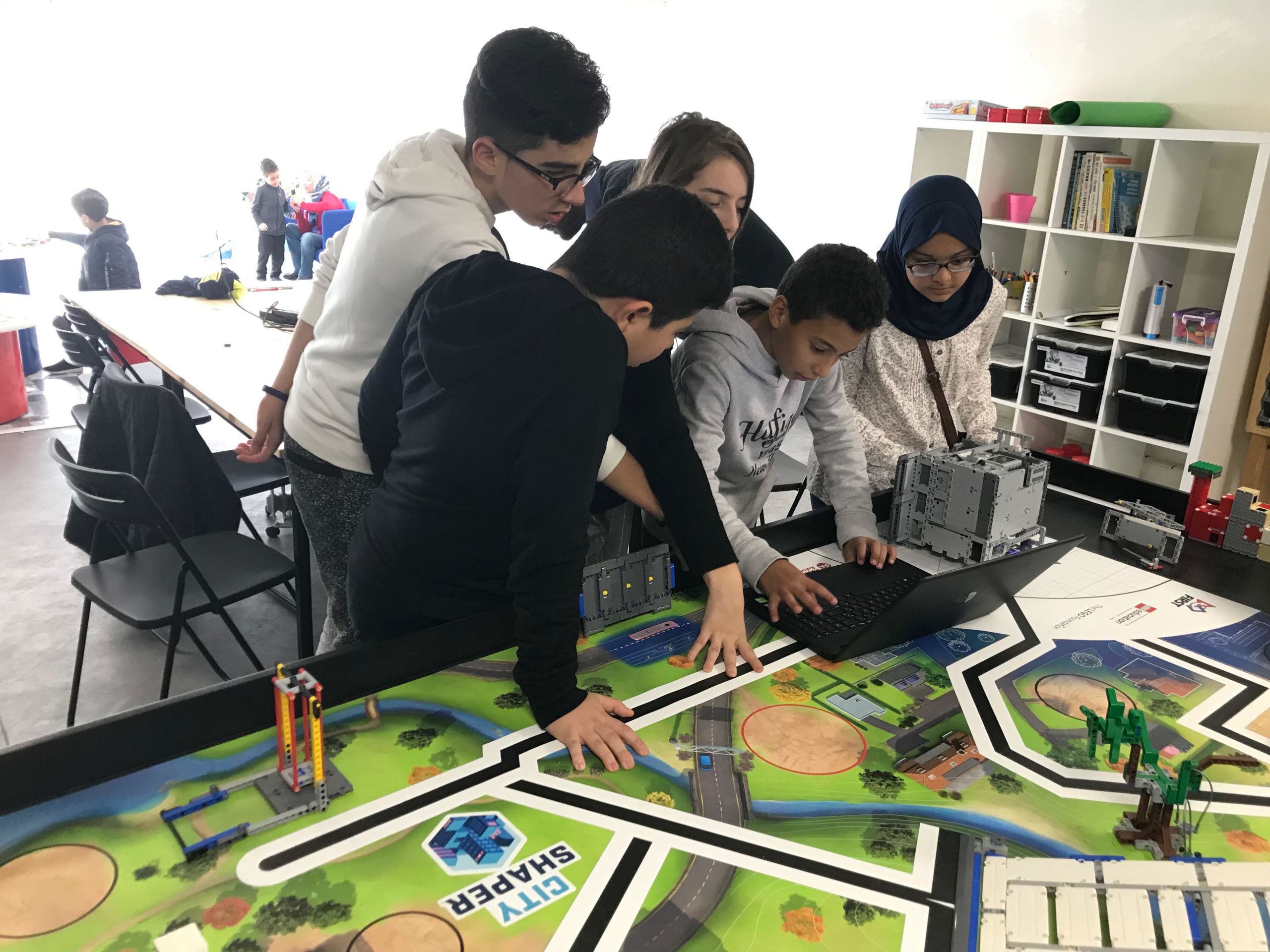
Team Matrix
Team Matrix
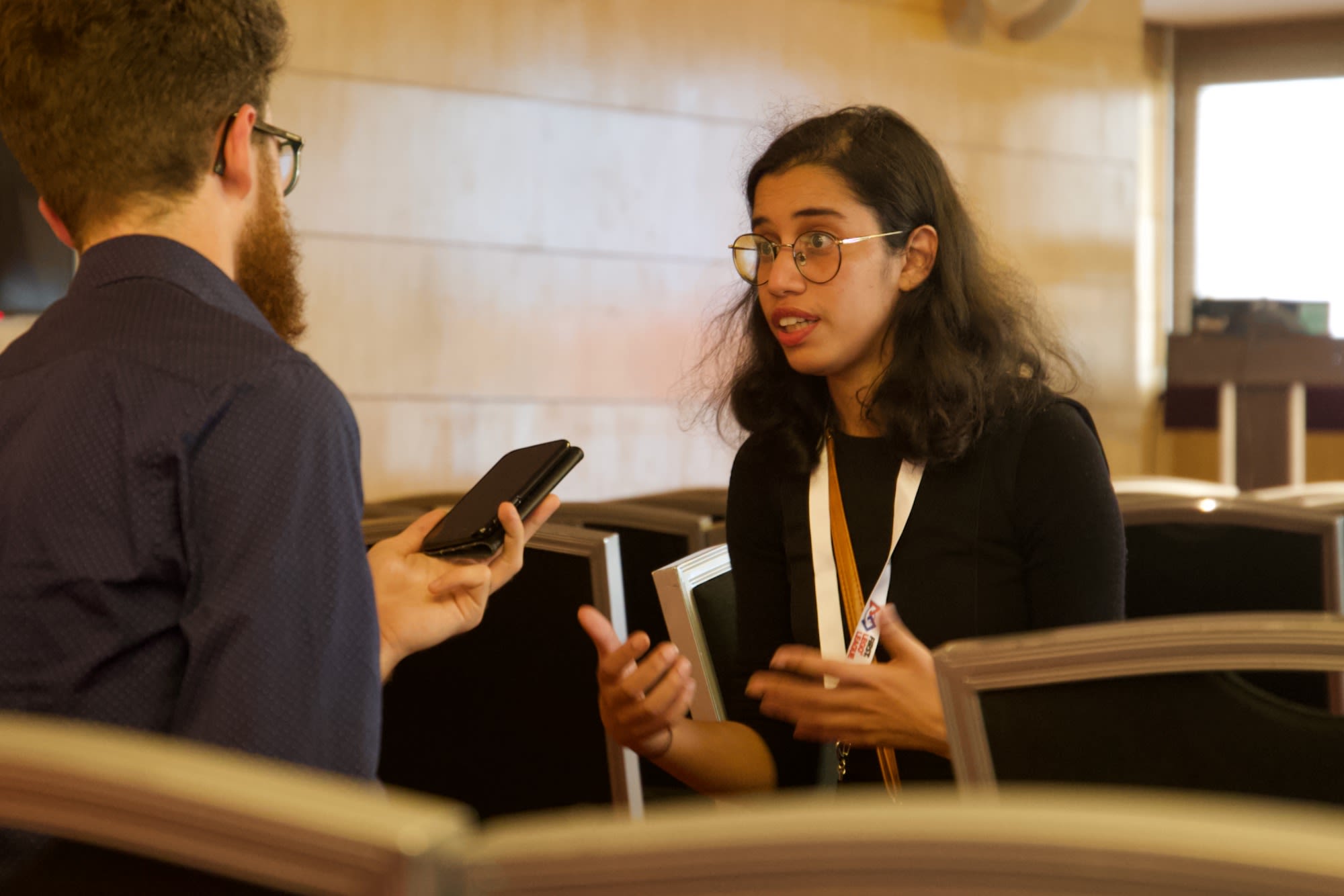
Imane Berchane
Imane Berchane
"I was very shy in the beginning. I was very surprised that they chose me. I feel that I can make an impact on the world"
- Noussayba, 11
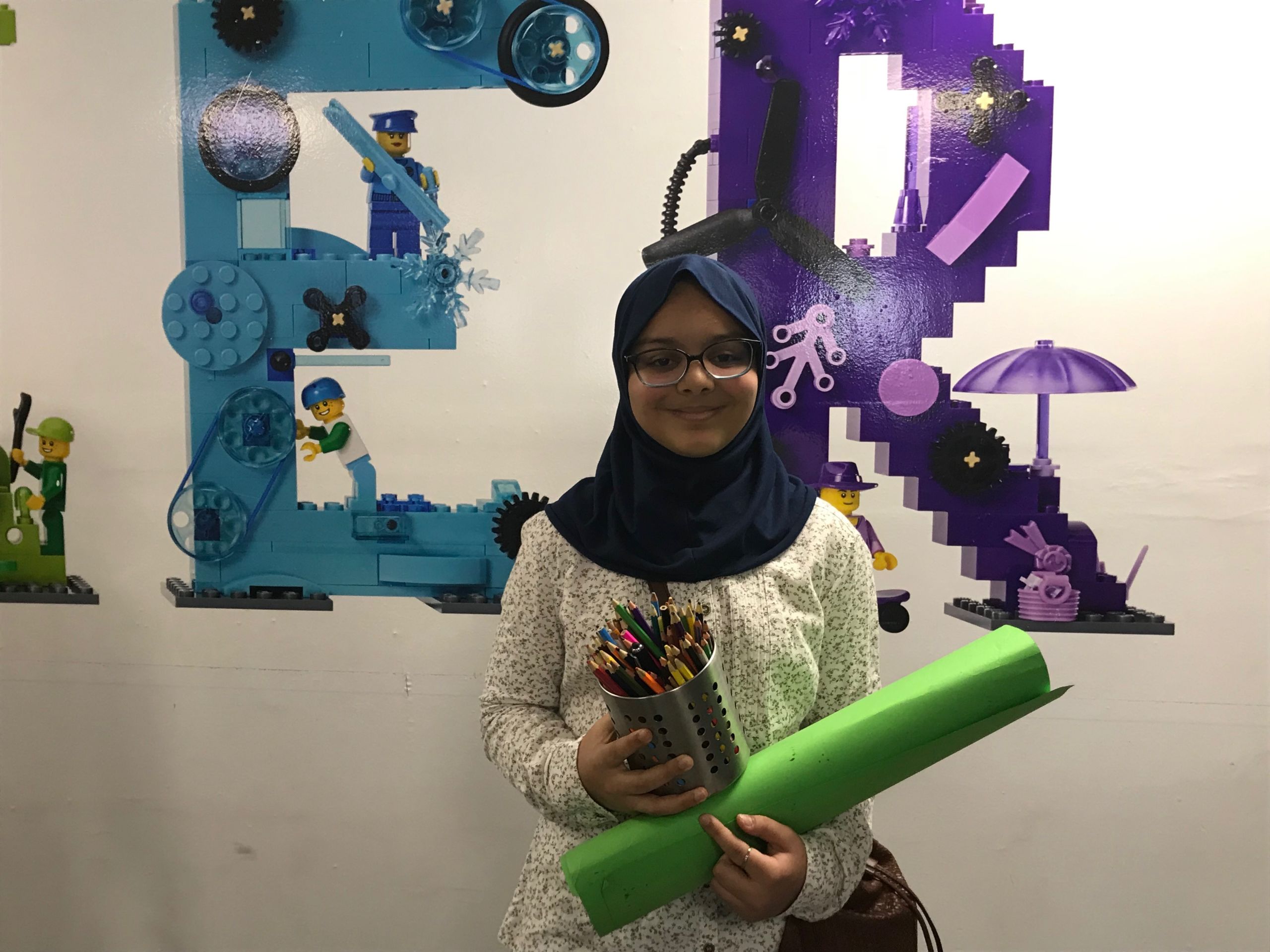
FLL is part of a growing movement around the world to increase the levels of STEM (Science, Technology, Engineering and Mathematics) education. Imane recognises that the world in which students live is related to STEM more than ever. “If they don’t learn how to deal with new technology and how to react to it, and of course, when they will be in the job market in the future, they’re going to be disconnected with the world,” she says.
Many of members of Matrix aren't sure as to whether engineering is the field they want to work in eventually. However, the skills they’ve gained through their time in the team stretch far beyond the technicalities of robotics. 16-year-old Sasha has seen growth and change in all of her fellow team-members. “I remember me four years ago. I was shy and couldn’t speak any English. I learnt English because of FLL,” she says. “My mum forced me to come to robotics at first, but then I came back.”
The FLL program is a full-time commitment for Play Academy's Imane and Laila. However, the effort they invest is rewarded whenever they attend the regional competitions. “It’s a complete celebration of all the things you’ve done all year, and it’s just a joy and satisfaction,” Imane says. “I’m doing this for all these kids, for all thousand kids who came today to present their work. I’m doing this for all these parents, and for all these teachers.”
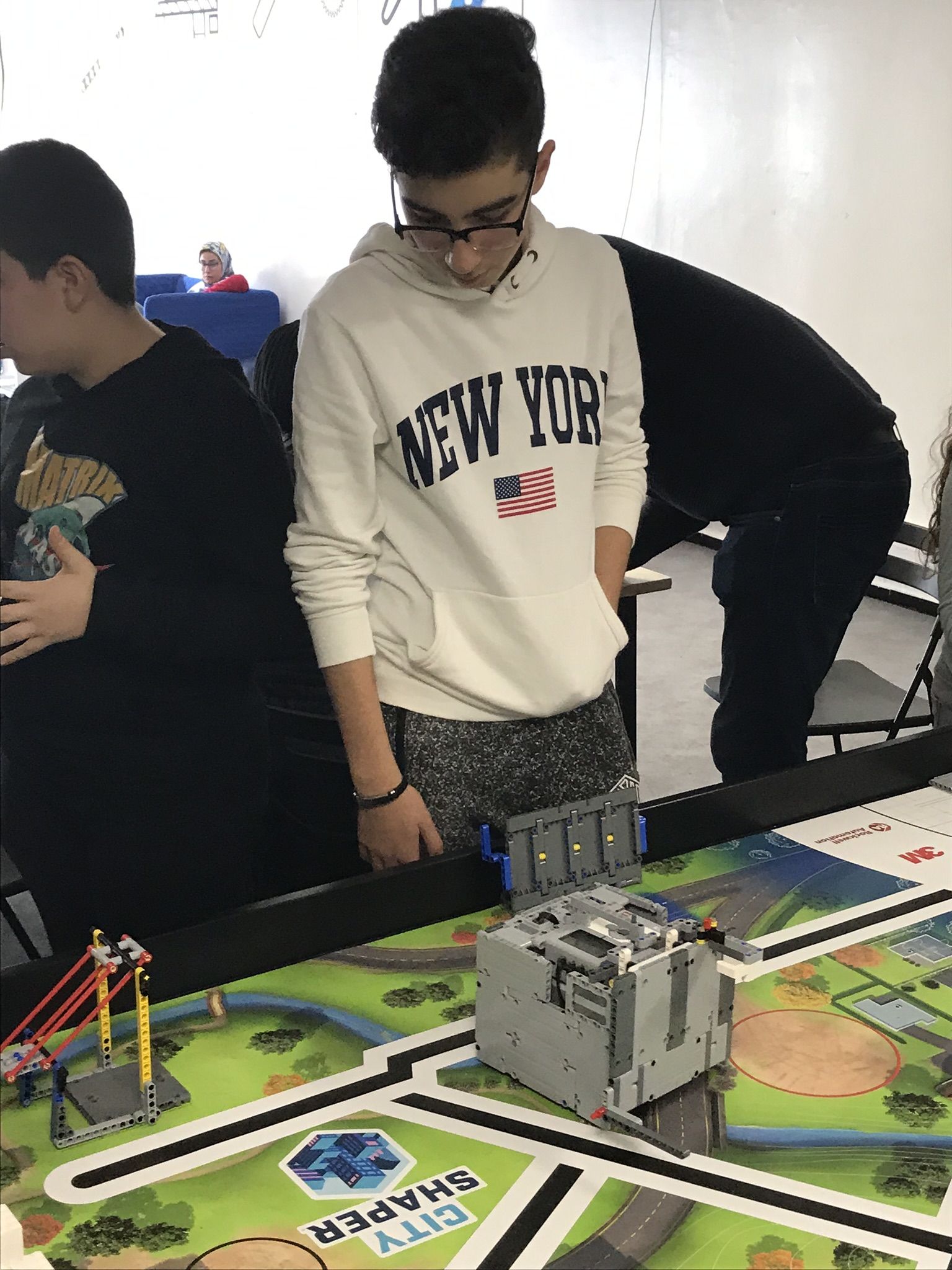
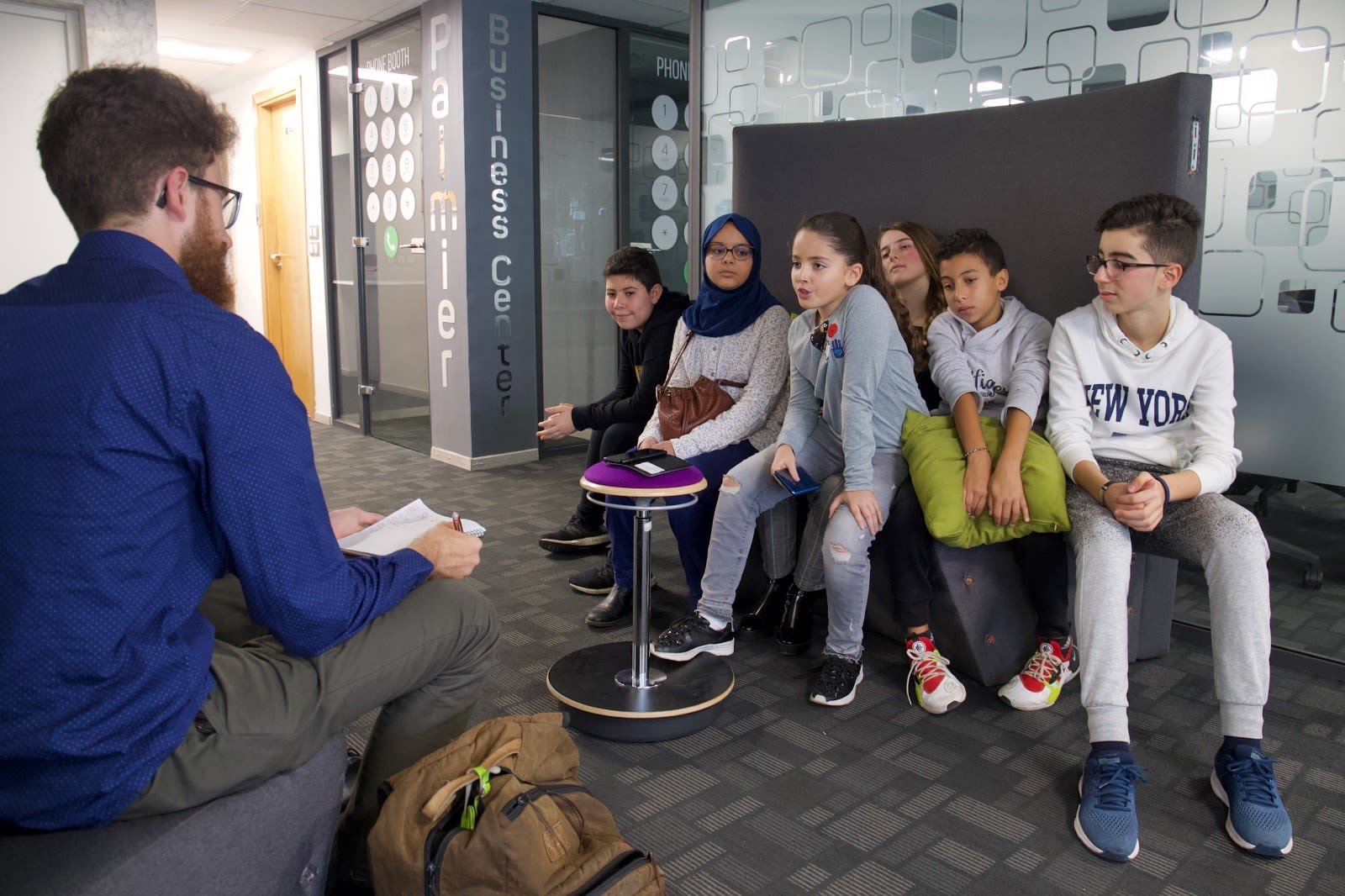
"Robotics and technology makes me happy. I learned that I have to work with the team, because before, I often wanted to do things myself"
- Reda, 15
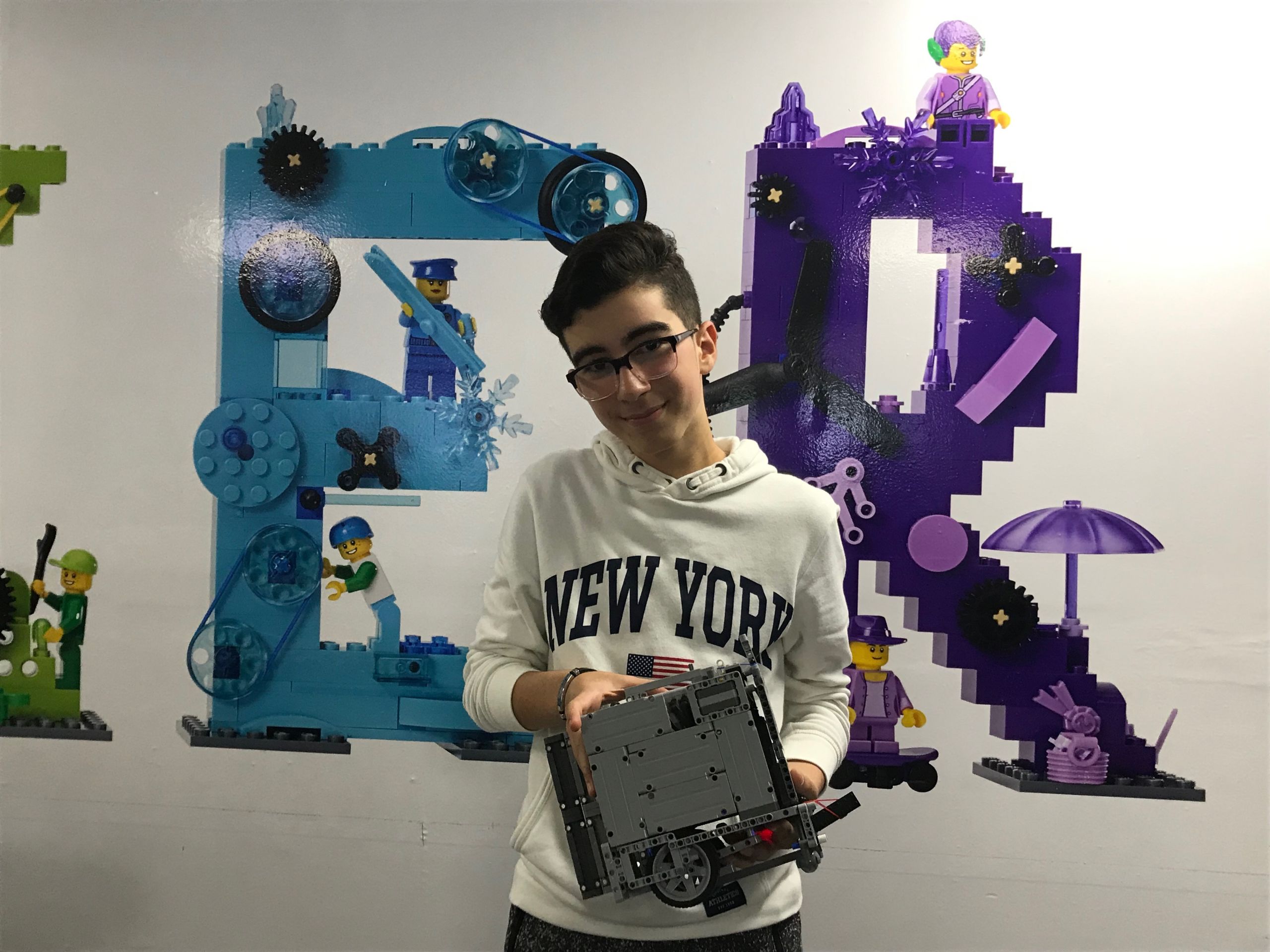
A significant part of 2019’s FLL challenge was a push for teams to find solutions to real-world problems facing their cities. Initially, Matrix struggled to choose a topic for their project because Casablanca has a lot of issues, including traffic, trash and pollution. However, as they walked around the Play Academy neighbourhood they noticed a pressing issue they could address. “There’s not much green space in the city,” 11-year-old team member Badr notes. “It can pose psychic and mental health challenges, including depression and stress, because when people want to run the city it’s easier when there’s a lot of green space.”
According to the World Health Organisation (WHO), Casablanca has the worst air quality of any Moroccan city, with levels of pollution three times the targets set by WHO. Matrix’s solution: increasing the levels of greenery on city roofs. “We’re using a flower that is strong against pollution,” says Badr. “We just want to make sure that every building and roof has green stuff. We want the city to be more green.”
Imane thinks it is projects such as these which have contributed to the rapid expansion of FLL in Morocco. “The students have so much potential [but] I feel like it’s not used or being directed into things that interest them,” she says. “So when we present them with real-life applications and real-life projects, where they can see the impact and they feel like they are contributing something to this world, it drives them, and it keeps them wanting more and trying their best.”
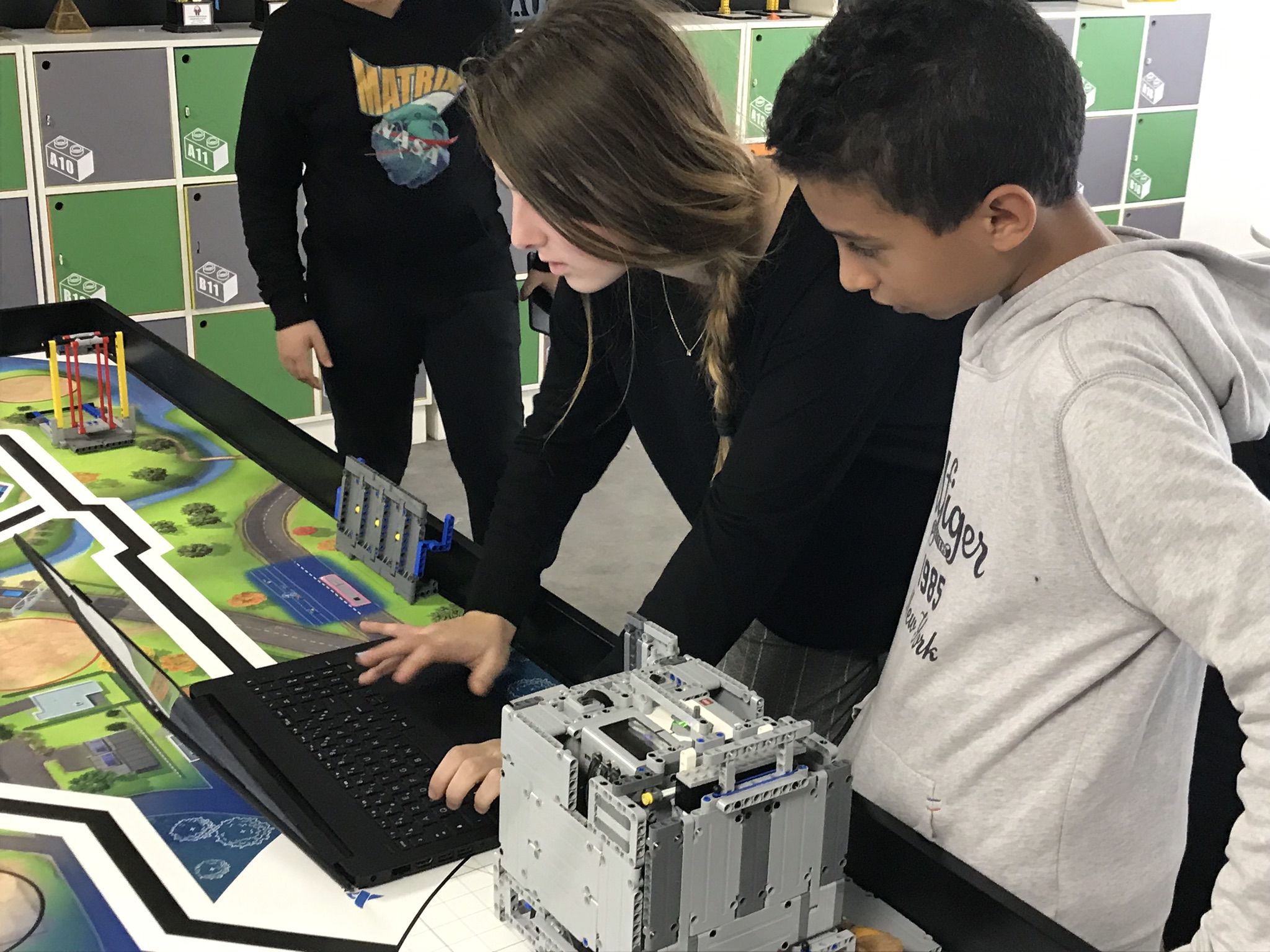
"At first, I thought that FLL was just about robotics. I now have the opportunity to meet new people, to have fun, and to share with everyone."
- Kamil, 11
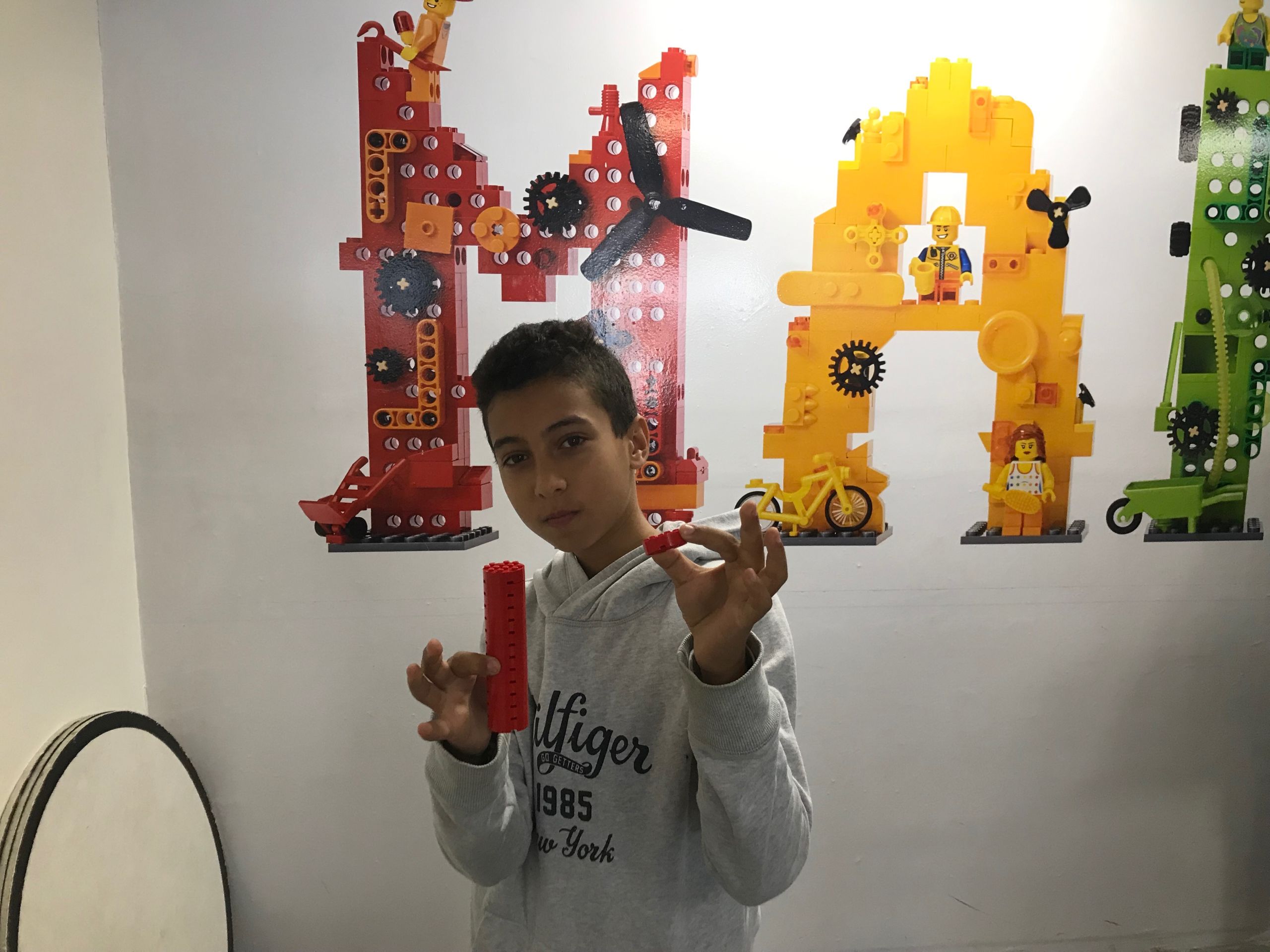
The number of Moroccan students enrolled in experimental sciences at university has almost tripled over the last two decades as the country undergoes a process of rapid modernisation. While many of the students who are currently part of Morocco’s FLL programs may hope to obtain work within STEM fields once they leave high school, there’s a growing likelihood that they’ll have to take their skills overseas to find work.
“Here in Morocco, we have a huge problem with our engineers going abroad to bring their competencies to other countries,” Imane says. “We put budgets into training these people, putting them into universities and colleges, and then after that they just leave. They are unable to find the right opportunities here in Morocco.”
Part of addressing this problem is to increase the collaboration between the different organisations and bodies within the STEM space. To do this, Play Academy organised a STEM Conference in November, 2019, which brought together government ministry representatives, teachers, and speakers with experience in the field. Lars Haggenback, a conference keynote speaker from Sweden, agrees that cooperation is essential. “The thing with people collaborating together is that we have to accept that we have different backgrounds, different resources and different point of views of the world. But, we have to listen to each other.”
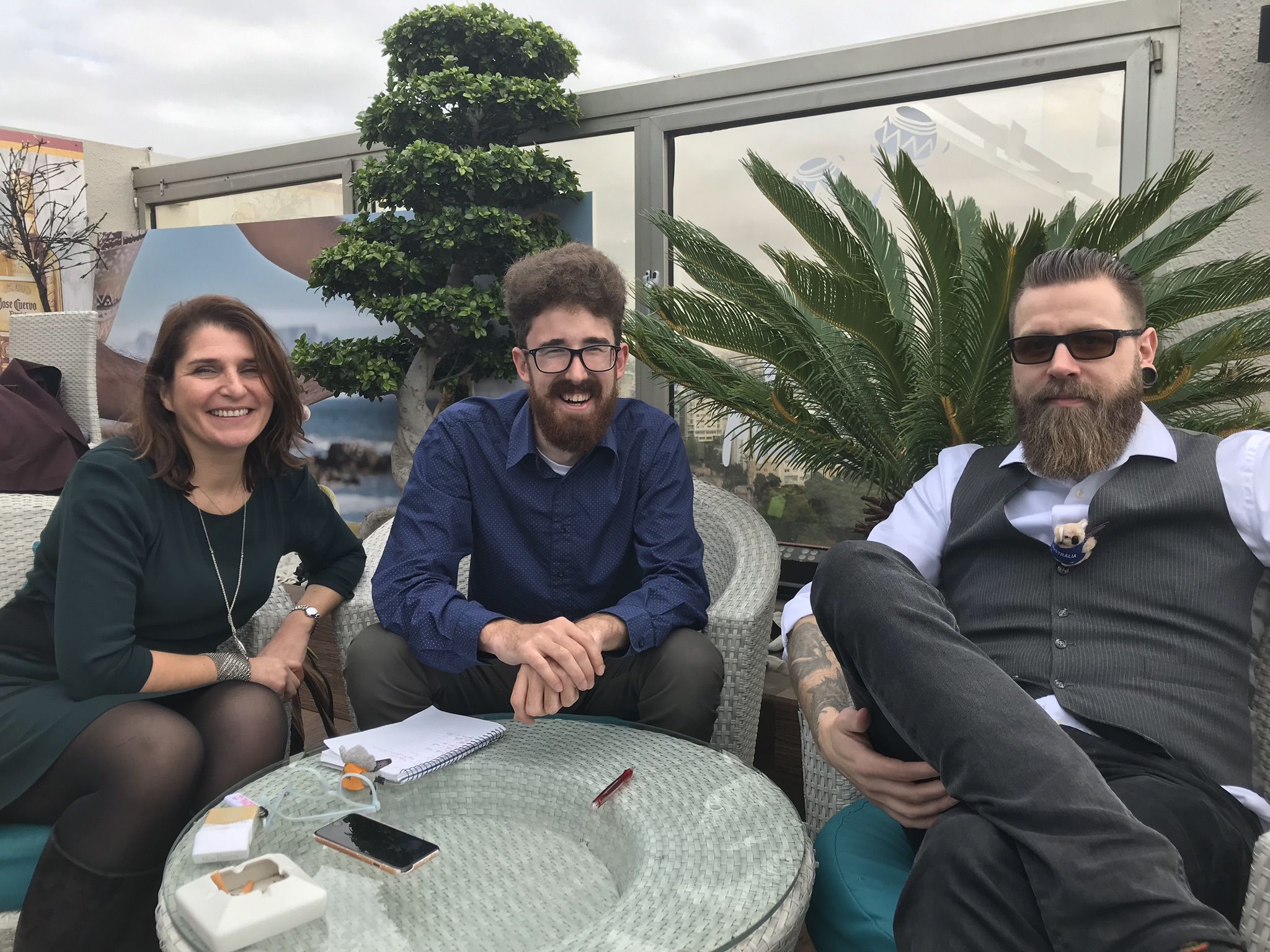
Lars Haggenback (right)
Lars Haggenback (right)
"I was just mind-blown. How can you create this? It just gave me a boom in my head."
- Ilyana, 10
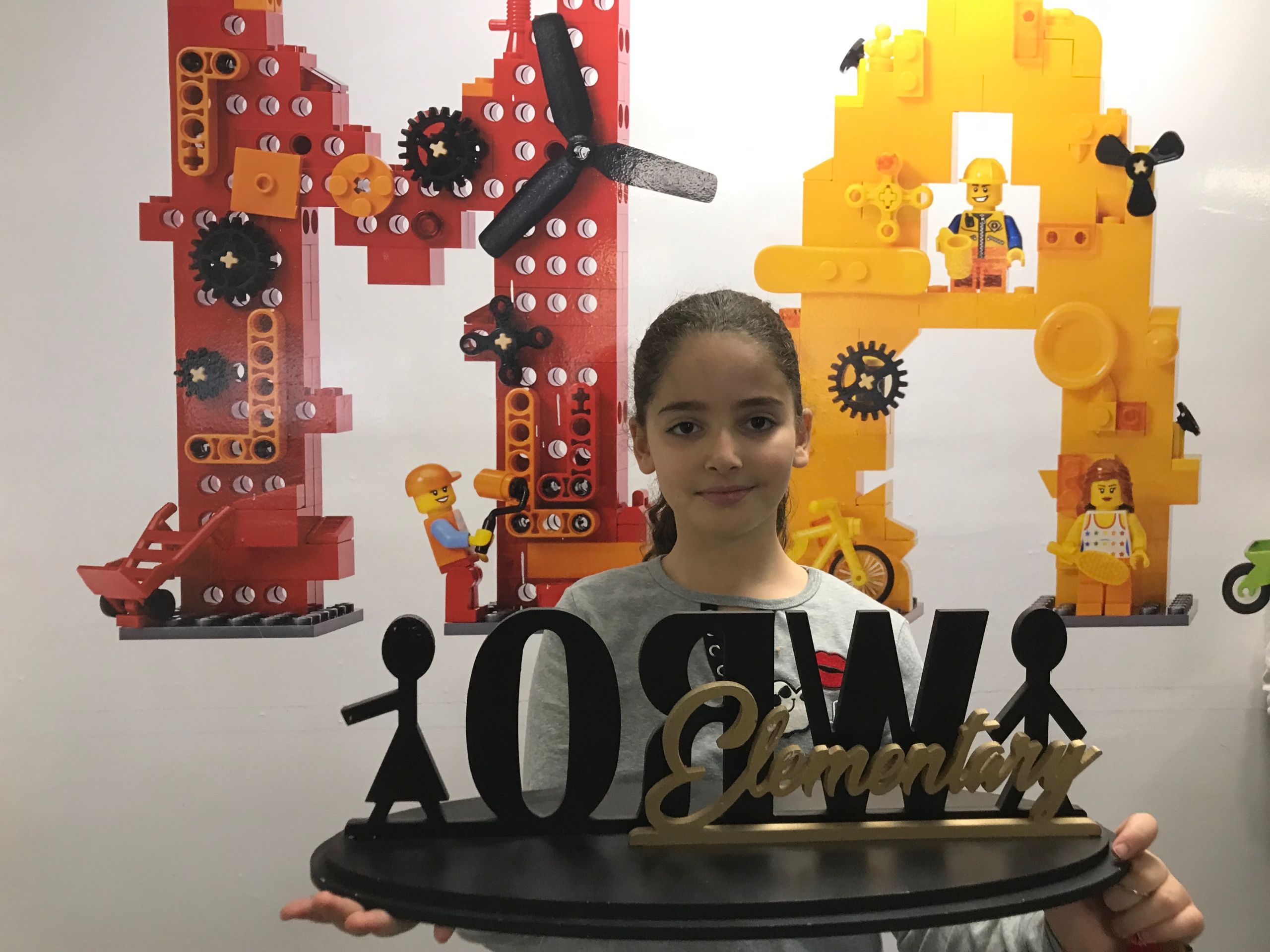
Ilyana never intended to be part of FLL or Team Matrix. Indeed, her introduction was pure coincidence. One day, she was walking down the street and saw the robotics taking place inside Play Academy through the window. “I said, 'Mum, Mum, can we go and see it?',” she recalls. “I was mind-blown because they introduced me [to LEGO]. For me, I did my first base robot and I said, 'Mum have a look! It’s this big!” From these small beginnings, Ilyana now dreams to be an engineer.
While there are still many significant hurdles facing the Moroccan engineers of tomorrow, the ingenuity and collaboration demonstrated by the members of Matrix should fill any observer with hope for the future. Perhaps, however, Ilyana says it best:
“Who knows? Maybe one of us can make something that will be able to change the world?”
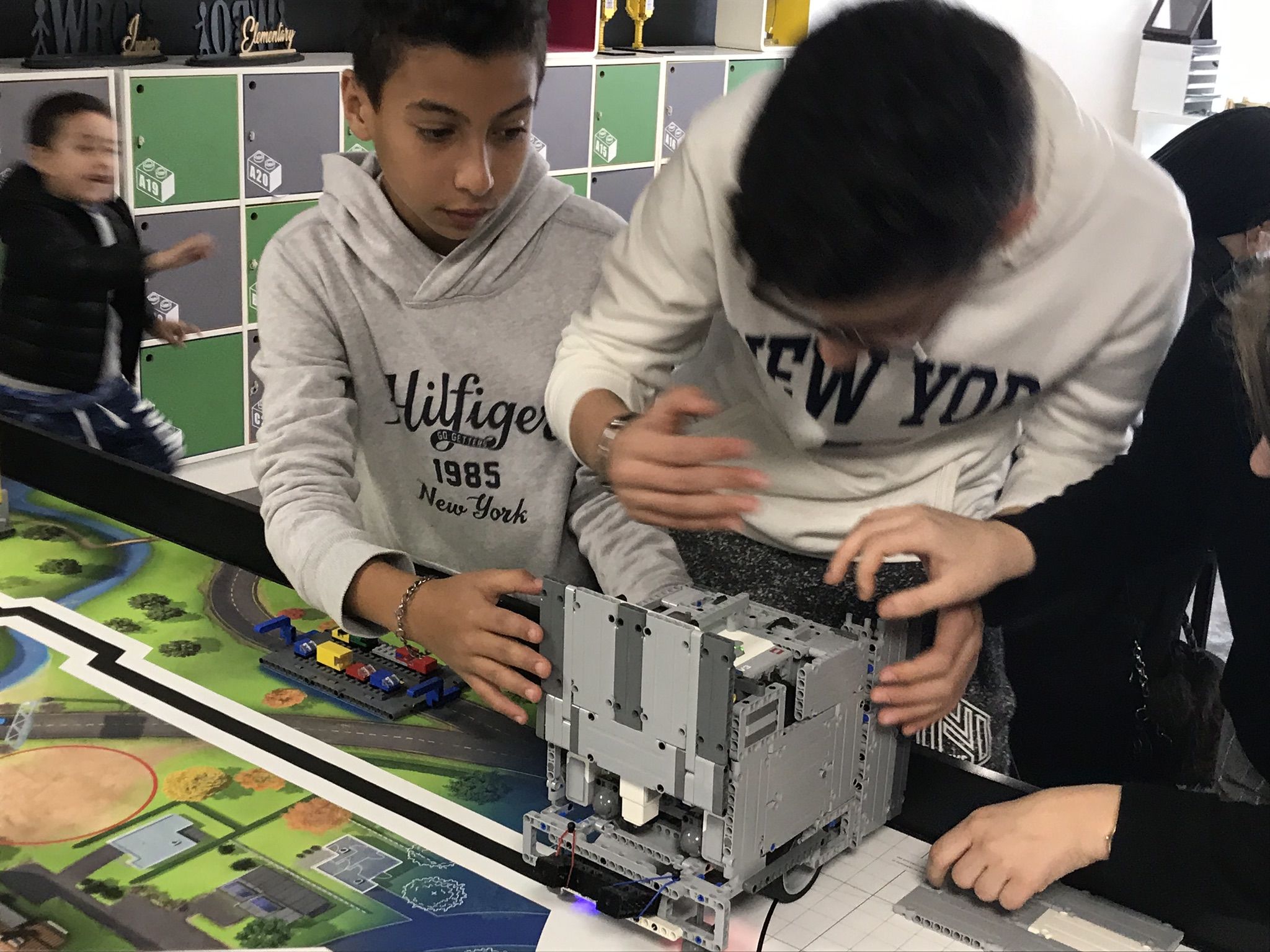
"It’s been the favourite years of my life because of the travel and the people you meet."
- Sasha, 16
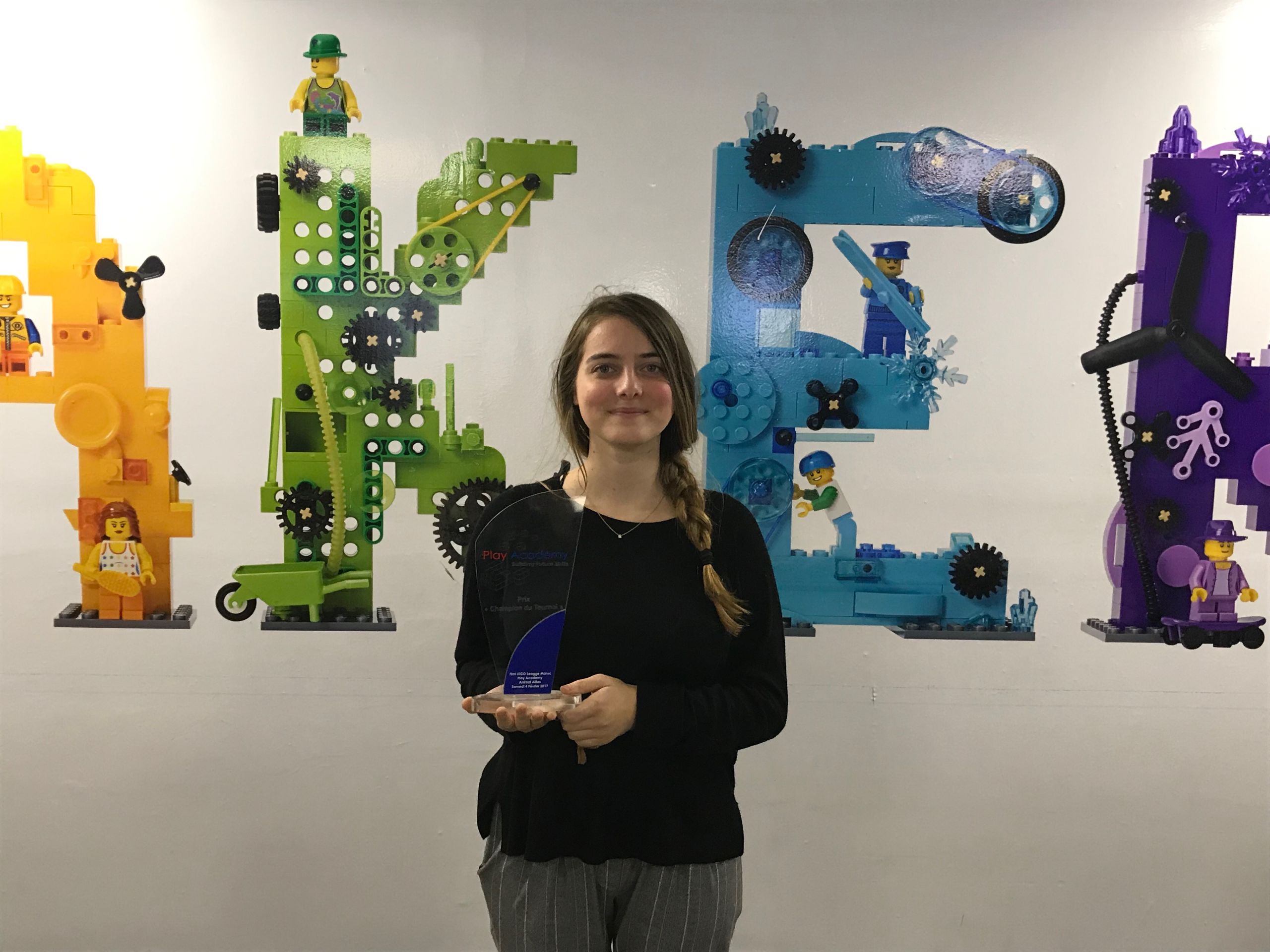
This article was produced as part of the Global JX #OzinMorocco19 study tour, supported by the Council for Australian Arab Relations, Deakin University Faculty of Arts and Education, and the Embassy of Morocco in Australia.


